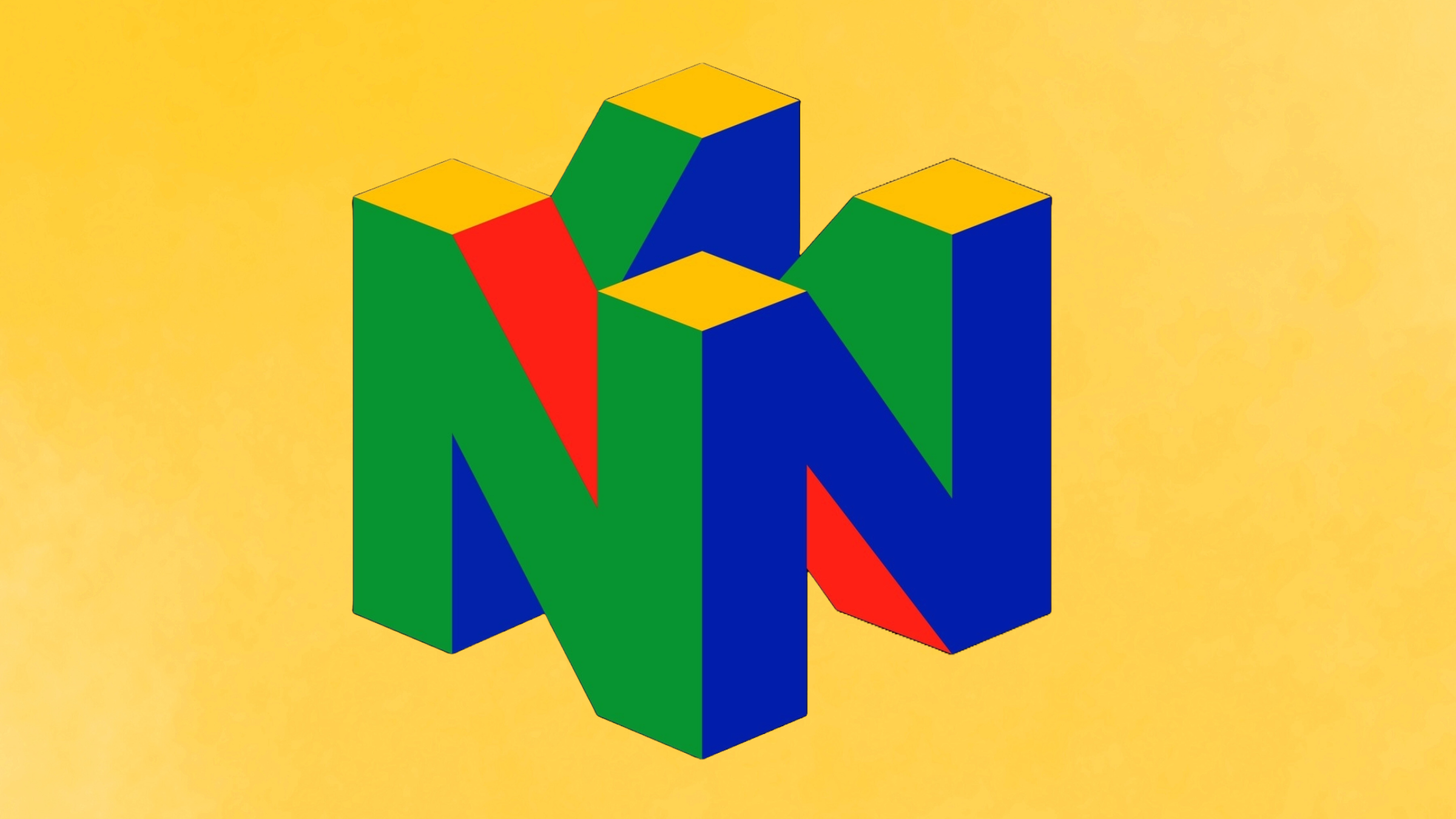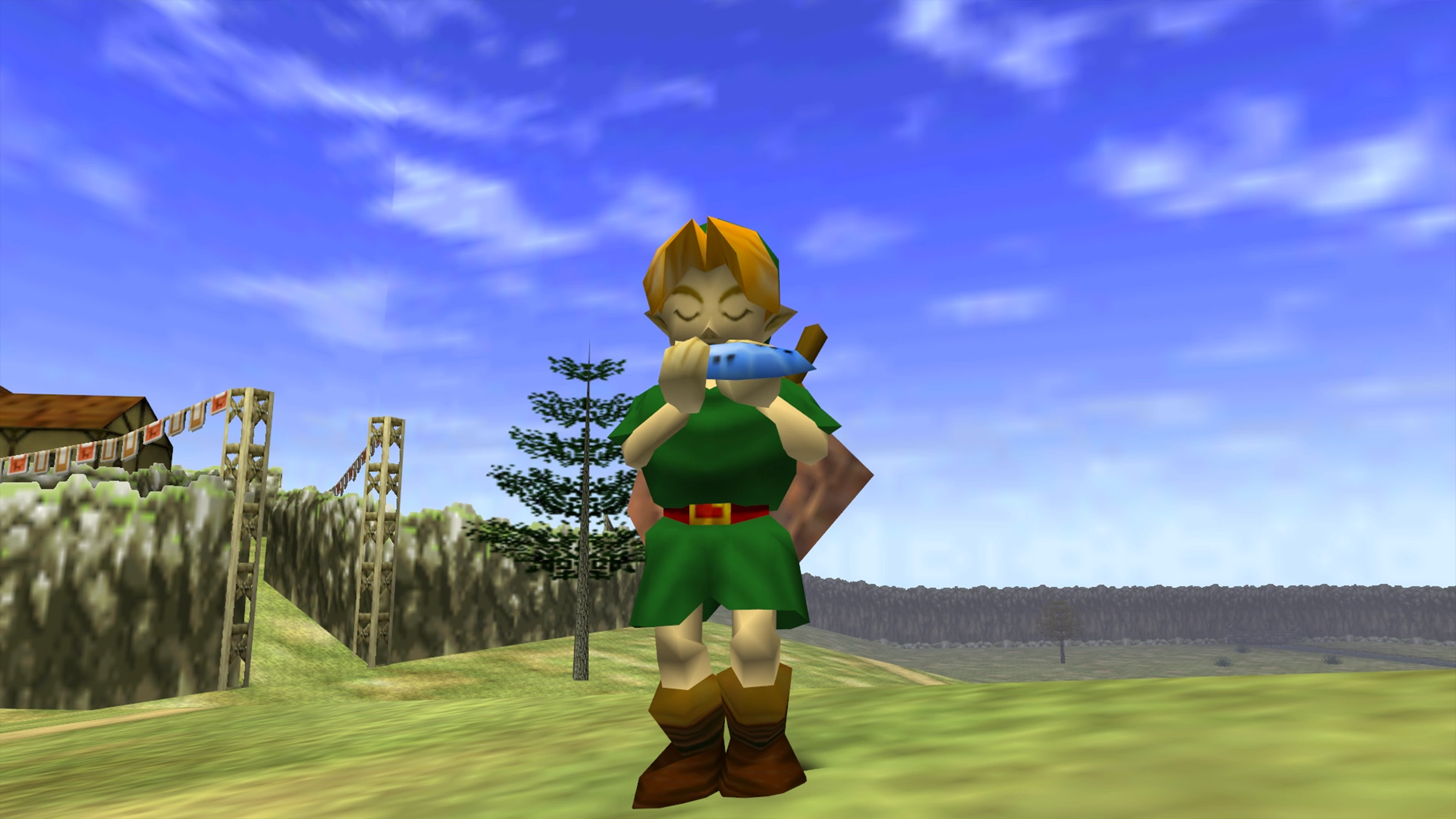
Many gaming anniversaries bring back fond memories, but this one feels different. Twenty-seven years ago, a truly groundbreaking game was released – often considered the best on the Nintendo 64. It completely revolutionized how 3D adventure games were designed. Even today, it’s a pivotal moment in gaming, still influencing how developers create immersive worlds, engaging gameplay, and compelling stories, and setting the standard for what a flagship console game should be.
I’ll never forget the late ’90s – it felt like everything was changing, especially in gaming. We were all getting used to 3D worlds and new ways of looking at games, and for me, The Legend of Zelda: Ocarina of Time really defined that shift. It wasn’t just a good game; it felt like it completely nailed the move to 3D. It was a magical experience, and honestly, it’s when gaming truly became something special and unforgettable for me.
What Made The Legend of Zelda: Ocarina of Time So Good

The Legend of Zelda: Ocarina of Time wasn’t just another game for the Nintendo 64—it was truly exceptional. From the moment you stepped into Hyrule Field, it felt incredibly large, vibrant, and full of possibilities. For many players, including myself, it was our first real experience with an open-world game, well before that phrase became common in the gaming industry. Nintendo created a world that felt connected, responsive, and told a compelling story while still letting you explore and play freely.
What really blew me away about this game was how it felt. It wasn’t necessarily the biggest world ever, but every place had such a strong personality. Like, Kokiri Forest just felt cozy and safe, while Dodongo’s Cavern was genuinely scary and claustrophobic. And the Temple of Time? It was so awe-inspiring and mysterious. Each location wasn’t just something to play through; it actually helped tell the story, really hitting on those themes of growing up, being brave, and figuring out your place in the world.
As a huge fan, I always think about how revolutionary this game was. The way you locked onto enemies – that ‘Z-targeting’ – is something you still see in tons of games today, and it totally changed how combat worked. But it wasn’t just fighting! The puzzles felt like a natural part of exploring the dungeons. And the time travel aspect? It wasn’t just a cool trick; it actually changed the game world, the quests you went on, and even how you connected with the characters. But what really stuck with me was Link’s journey. Watching him grow from this innocent, curious kid into a true hero was just incredible and so emotionally impactful.
Combined with Koji Kondo’s iconic music, Ocarina of Time created an experience that felt epic, enduring, and uniquely meaningful. It wasn’t just a great game for its time—it was a landmark achievement that changed perceptions of what video games were capable of, and it still holds up remarkably well today.
Ocarina of Time Influenced the Future of Games

Many games today still borrow ideas from Ocarina of Time. It had a huge influence, not just on Nintendo games, but on how action-adventure games are designed in general. The game’s innovative “Z-targeting” system set the standard for 3D combat, and you can see its influence in games like Devil May Cry and Dark Souls. Its large, interconnected dungeons with unique puzzles also became a model for many future titles, including the recent God of War games from Santa Monica Studio.
Perhaps the most important thing about this game is how well it combined exploring a world with a compelling story. Before it came out, many games had trouble blending a directed narrative with the freedom to roam. Ocarina of Time proved that a game could offer both an open world and a focused story, allowing players to discover things while still feeling emotionally connected. This approach became a standard for many successful series, including Fable, Kingdom Hearts, Dragon Age, Shadow of the Colossus, and most major action RPGs released in the 2000s and 2010s.
The game’s innovative use of music and the ocarina—treating it as more than just an object, but as a way to tell the story—paved the way for how later games like Bioshock and The Last of Us used gameplay mechanics and crafting to drive the narrative. Many modern games with environmental puzzles also owe a debt to this approach. Furthermore, the game’s cutscenes and camera techniques established a new level of dramatic presentation in 3D gaming, influencing how cinematic storytelling would be used in games for years to come.
Notably, the game’s focus on how players interact with its world helped inspire the immersive gameplay found in modern hits like Elden Ring and Breath of the Wild. In short, Ocarina of Time profoundly impacted the gaming industry, and its influence is still felt today.
Ocarina of Time Needs a New Remake for the Switch 2

While Ocarina of Time remains a classic, players today deserve a version that truly showcases its significance. The original game is still enjoyable, but its graphics, controls, and technology feel dated. The 3DS remake was a good step, but that version is now hard to play, and modern games have set a new standard for quality. What this beloved title needs is a complete rebuild for the Switch 2 – one that stays true to the original’s spirit while bringing the world to life with stunning, modern visuals and gameplay.
Picture yourself truly immersed in Hyrule – with lush forests, realistic lighting reflecting on Lake Hylia, lively markets in Hyrule Castle Town, and weather that perfectly captures the feeling of each area. The dungeons are reimagined with clever new puzzles and physics, but still stay true to their classic designs and themes. This remake would also tell a more compelling story through detailed animations, more engaging characters, a more vibrant world, and potentially even voice acting, similar to Breath of the Wild.
The aim shouldn’t be to overdo things. Ocarina of Time succeeds thanks to its clear storytelling, well-managed pace, and subtle approach – qualities a remake should preserve. The Switch 2 is an ideal chance to blend the familiar feeling of nostalgia with modern improvements, updating one of gaming’s most beloved adventures without changing what makes it special. While fans often discuss which Zelda games deserve remakes, Ocarina of Time seems like the clear choice. With its anniversary highlighting its lasting impact, now is the perfect time to create the ultimate version of this classic game.
What do you think? Leave a comment below and join the conversation now in the ComicBook Forum!
Read More
- Survivor’s Colby Donaldson Admits He Almost Backed Out of Season 50
- Gold Rate Forecast
- Best Controller Settings for ARC Raiders
- Where Winds Meet: How To Defeat Shadow Puppeteer (Boss Guide)
- How to Build a Waterfall in Enshrouded
- Goat 2 Release Date Estimate, News & Updates
- Death Stranding 2: Best Enhancements to Unlock First | APAS Guide
- 10 Best Character Duos in Stranger Things, Ranked
- EA Sports FC 25: Best Players for Aim Assist Evolution
- The Best Sports Movie Franchise Is Finally Complete on a Single Streaming Service
2025-11-21 22:14